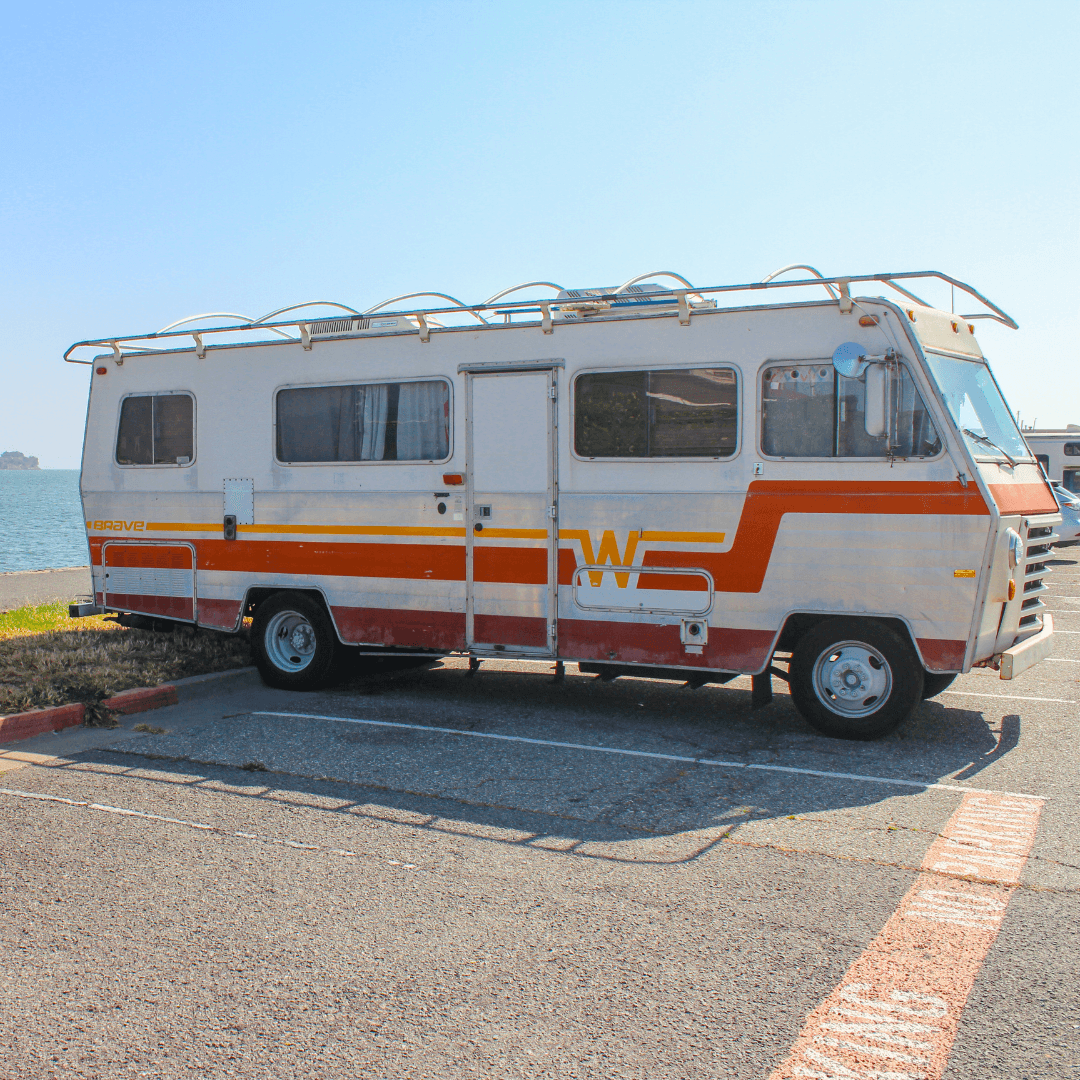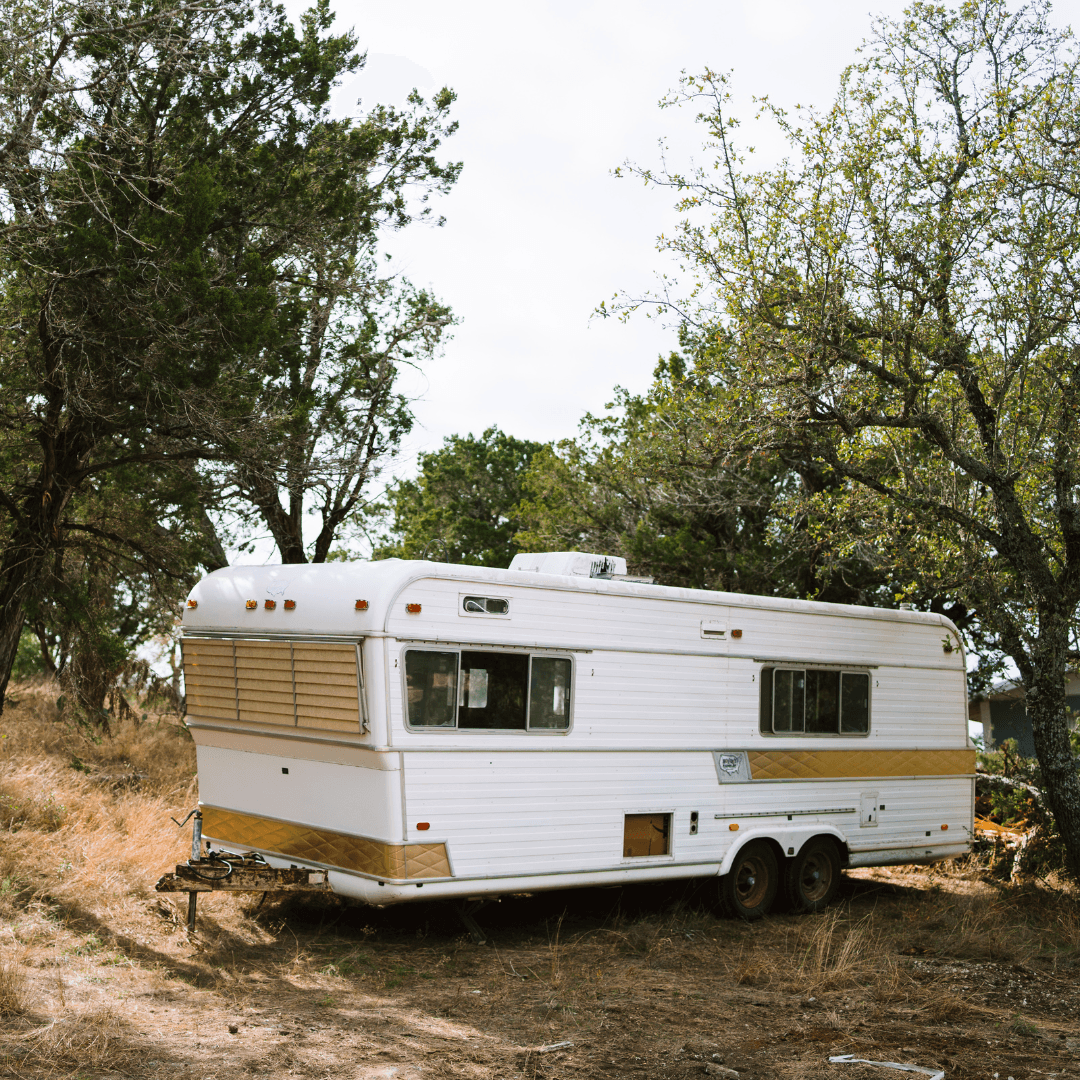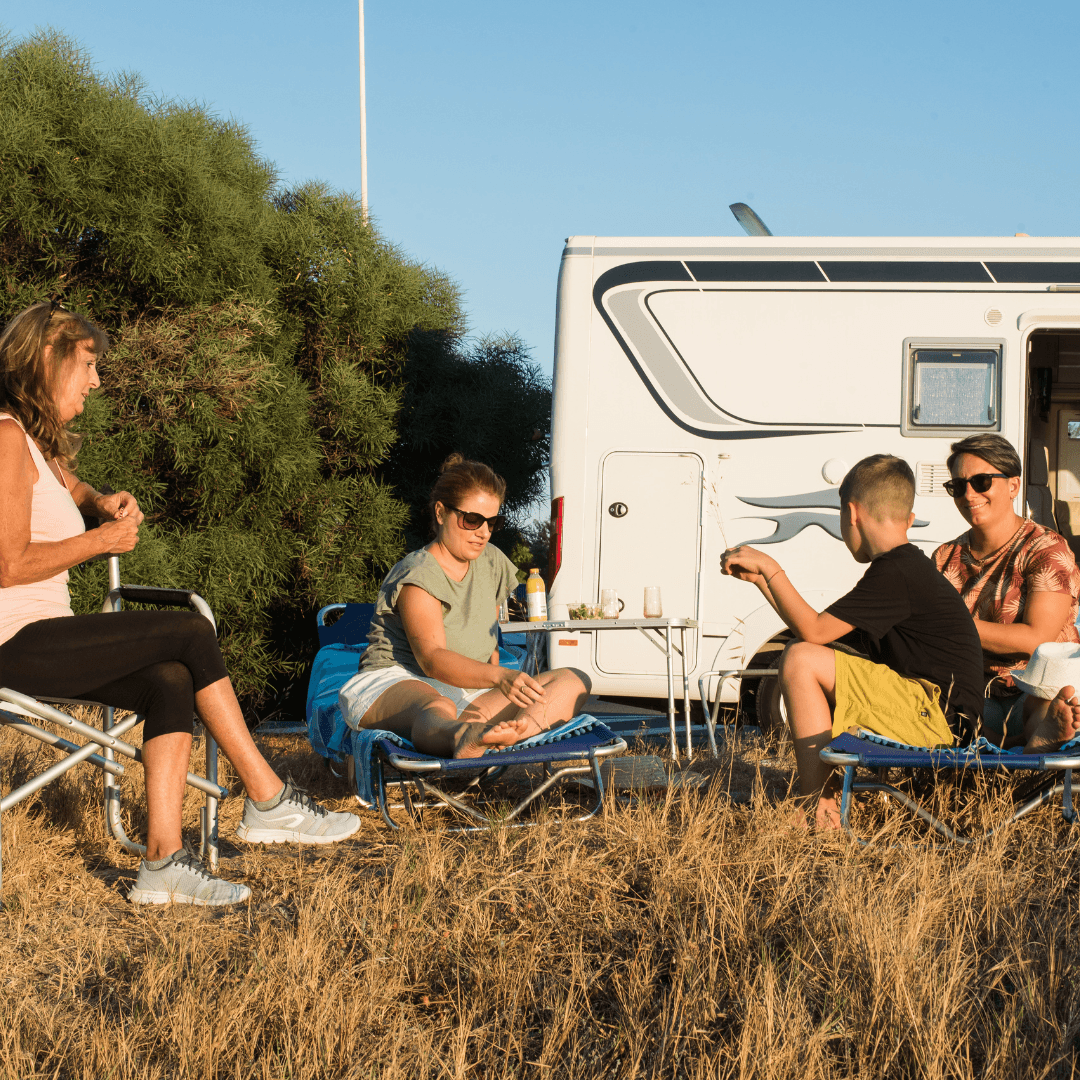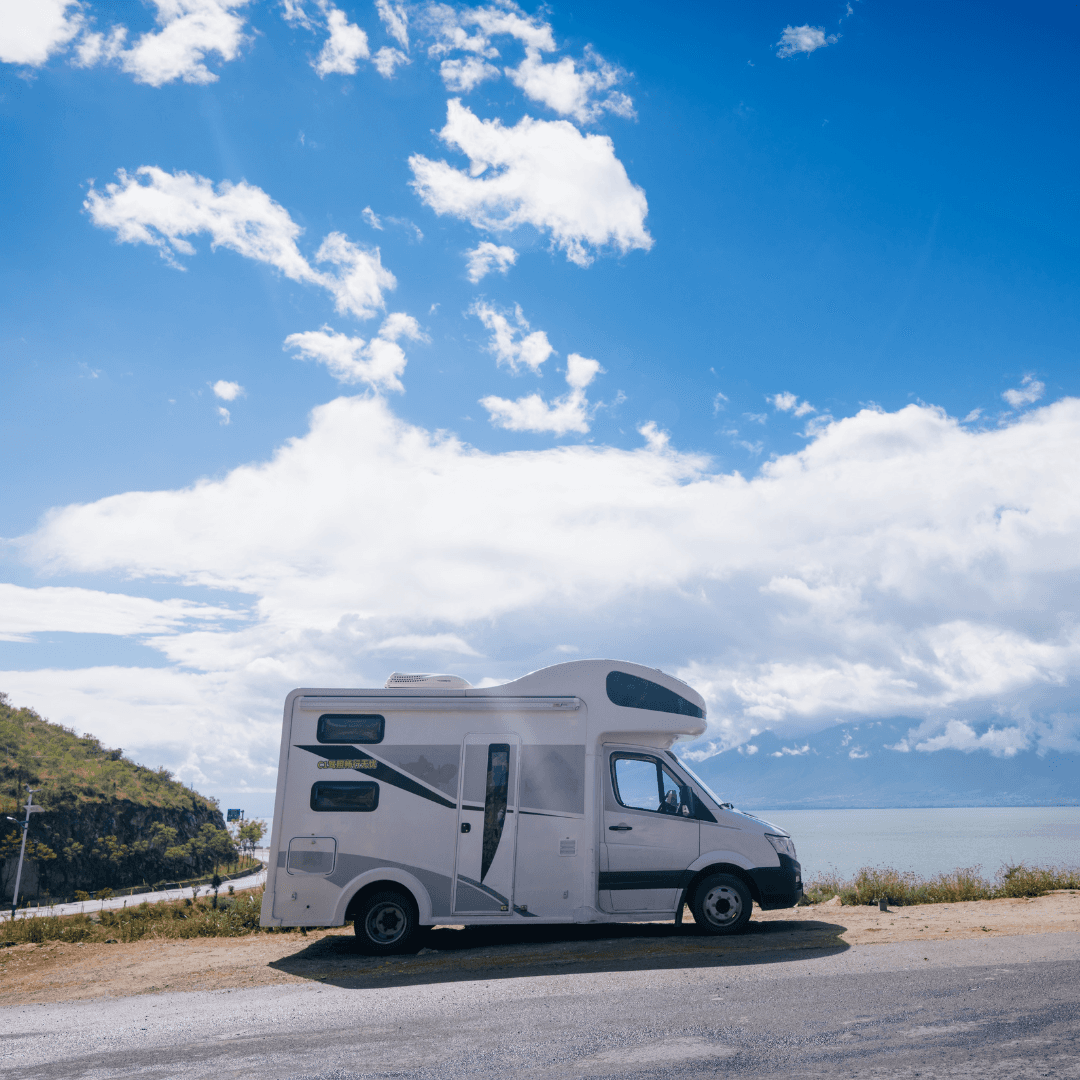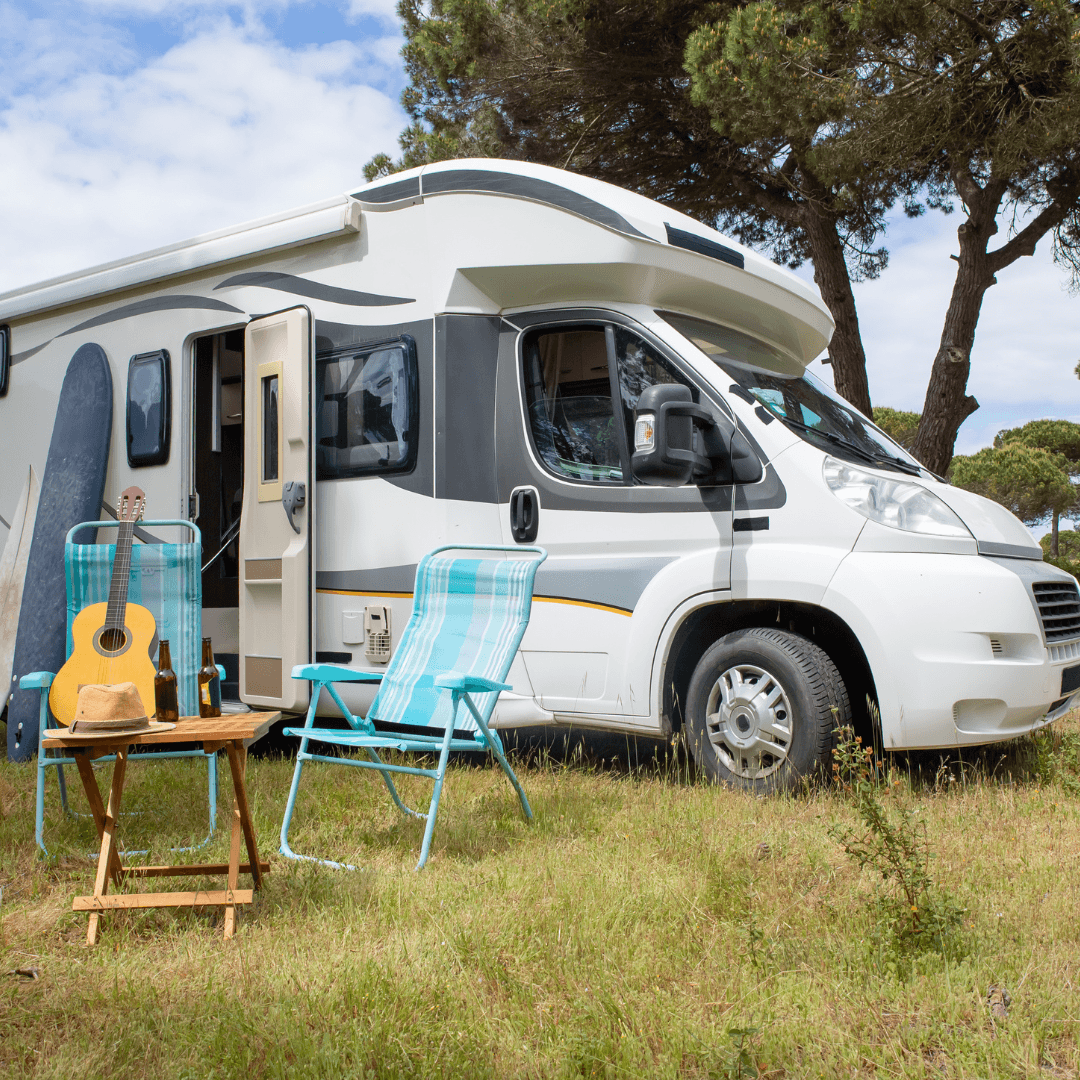October 30, 2024
RV Licensing and Legal Considerations
Welcome to Camp Repair’s RV Nomenclature series, where we break down everything you need to know to become a savvy RV owner. Whether you're a seasoned road warrior or just starting your journey, understanding the ins and outs of RV classifications will help you make the best choices for your travels. Let’s dive into the essential details that ensure your RV adventures are safe, legal, and worry-free.
Introduction
Navigating the world of RV ownership extends beyond choosing the right vehicle—it also involves understanding various licensing and legal requirements. Ensuring you comply with state regulations and have the appropriate licenses can make your RV experience smoother and more enjoyable. In this blog post, we’ll cover the essential licensing requirements for different RV sizes, provide an overview of state regulations concerning RV ownership, parking, and camping, and address some specific considerations like double towing and full-timing.
Driver’s License Requirements
Class A License
Requirements: Often required for driving larger RVs, such as Class A motorhomes and fifth wheels with a combined weight over 26,000 lbs.
Details: A Class A license is necessary for vehicles over a certain weight threshold. This license usually involves written and practical driving tests to ensure safe handling of larger RVs.
Class B License
Requirements: May be needed for larger RVs that don't tow another vehicle but are heavier than standard passenger vehicles.
Details: Class B licenses are often required for motorhomes and RVs that exceed specific weight limits but do not require a Class A license. It ensures the driver can handle larger, heavier vehicles safely.
Class C License
Requirements: Typically sufficient for driving smaller RVs and travel trailers that fall below the Class A and B weight limits.
Details: A Class C license is commonly needed for RVs that are smaller in size, including Class C motorhomes. It covers vehicles designed for recreational use that fall within the typical weight range for personal use.
Special Permits
Requirements: Some states require additional endorsements or permits for RVs based on size, weight, or specific features like towing.
Details: Check local regulations for any additional requirements that may apply, such as special endorsements for towing or RV-specific permits.
State Regulations
RV Ownership
Registration: RVs must be registered with the state Department of Motor Vehicles (DMV) or equivalent authority. This often involves providing proof of ownership, paying registration fees, and meeting state-specific requirements.
Insurance: Most states require RV owners to have insurance that covers liability and property damage. Coverage levels can vary, so it's essential to understand your state's minimum requirements.
Parking Regulations
Residential Parking: Many states and municipalities have specific rules about where RVs can be parked at home. This can include restrictions on street parking, driveway usage, and requirements for RV storage.
Public Parking: RVs parked in public areas, such as rest stops or urban centers, must comply with local parking regulations. This can involve restrictions on overnight parking and designated RV parking areas.
Camping Regulations
Campground Rules: Each state and campground may have its own rules about RV camping. These can include requirements for reservations, fees, and adherence to campground guidelines.
State and National Parks: Regulations in state and national parks can vary, including restrictions on RV length, waste disposal, and generator use. Always check park-specific rules before your visit.
Towing and Size Limits
Towing Regulations: States have specific laws regarding the towing of trailers and fifth wheels. This includes maximum allowable lengths, weights, and safety equipment requirements.
Size Limits: Some states impose restrictions on RV dimensions, particularly in terms of length and width. For example, California limits RVs to a maximum length of 65 feet, while Texas allows up to 75 feet. Check local regulations to avoid fines and ensure safe travel.
Double Towing
Regulations: Double towing, or towing two trailers simultaneously, is regulated differently by each state. Some states allow double towing with specific permits or restrictions, while others may prohibit it entirely.
Details: For instance, states like Idaho and Montana permit double towing with proper permits, while states like California and Florida have strict regulations or bans on the practice. Ensure you are aware of and comply with local laws regarding double towing.
Full Timing Considerations
Legal Requirements: Full-timing in an RV involves living in it year-round. This can have implications for vehicle registration, insurance, and residency status.
Details: Full-time RVers often need to establish a domicile or legal residence for tax and legal purposes, which might involve selecting a state with favorable laws for full-time RVers. Additionally, insurance policies for full-time RVers may differ from those for occasional travelers.
Understanding RV licensing and legal considerations is crucial for a hassle-free RV experience. From obtaining the appropriate driver’s license to complying with state regulations on ownership, parking, camping, and specific practices like double towing and full-timing, being informed helps ensure you stay within legal boundaries and enjoy your travels without unexpected issues. Always check local laws and requirements specific to your state and the states you plan to visit. Safe travels and happy RV adventures!
At Camp Repair, we're dedicated to making your RV lifestyle as smooth and enjoyable as possible. From understanding legal requirements to choosing the right RV for your needs, we’re here to help every step of the way. Stay tuned for more insights and tips, and remember—wherever the road takes you, Camp Repair has you covered. Safe travels, and happy camping!
